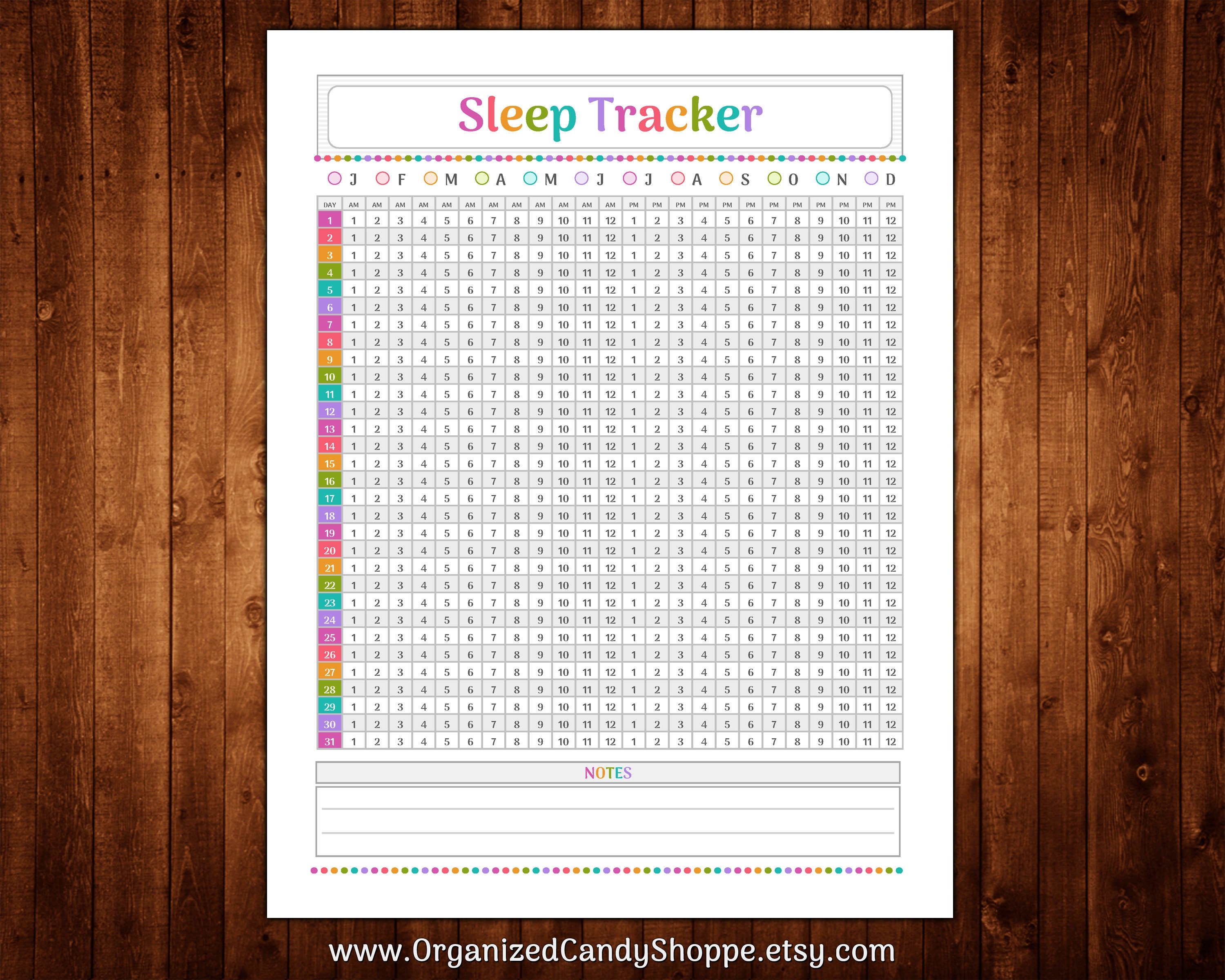
Something else to keep in mind, tracking your sleep doesn't result in you actually sleeping better. Or, look for a sleep tech product you can slip under your sheet. If wearing a wristband bothers you and impacts your ability to fall asleep, consider a smartphone app you can launch and place next to your bed so nothing touches your skin.
#Most accurate sleep tracker trial#
You might have to use a trial and error method to see which sleep tracker works best for you. Woke up a few times after a couple of alcoholic drinks? Cut back on the alcohol and imbibe closer to dinner so you can metabolize alcohol and rest easy. Went to bed late and didn't sleep well? Set a reminder on your phone to go to bed an hour earlier and relax. Now that you know how well (or poorly) you're sleeping, use that data to look for patterns where you can make improvements. Research finds that sleep sensor sensing feedback can help patients determine the effectiveness of a treatment for a particular sleep disorder, such as using a CPAP (Continuous Positive Airways Pressure) machine for sleep apnea.
Some sleep trackers with thermometers can measure the temperature of your room and may show that you wake up frequently when it's too warm. A microphone can measure your respiration, detecting snoring, sleep apnea, and how often you wake up during the night. Specifically, if you're moving frequently and not sleeping well, some trackers will note that.

Some sleep trackers use a microphone – like the one on your phone you'll place close to your bed – to capture noise from the room or your body.


 0 kommentar(er)
0 kommentar(er)
